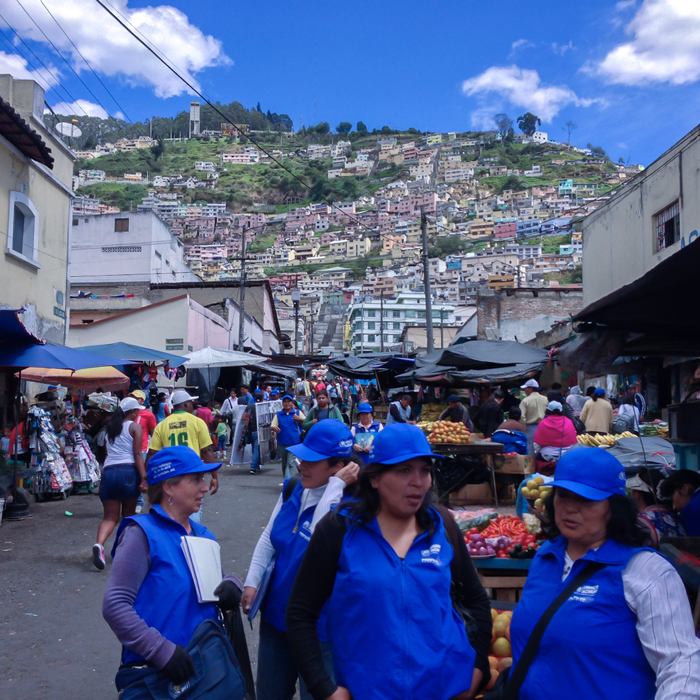Before the current crisis that is seeing vast numbers of Venezuelans arriving in various countries in the region, Ecuador already had pre-existing experience of hosting refugees. As of 2013 more than 400,000 Colombians had fled their country to escape armed conflict. Most made their way to Ecuador, where many settled in urban areas. They included registered refugees, asylum seekers, rejected asylum seekers, those who never requested asylum and other migrants. The existing information gathered on the Colombian population in Ecuador focused mainly on registered refugees, but little if any data was available on other groups.
In 2013-2014, JIPS worked with partners to support a profiling exercise aimed to improve the understanding of the situation of Colombian refugees living in Quito with different migratory situations.
